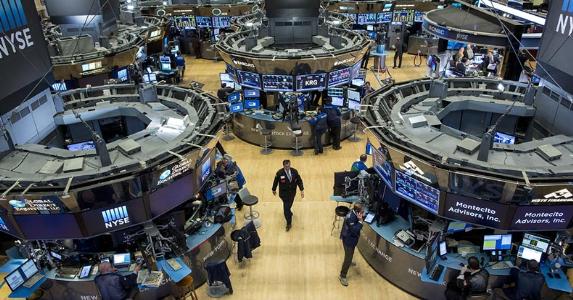Ten years on from the collapse of Lehman Brothers, the coverage has mostly been quite surface, with at least as much focus on nostalgia as an actual analysis.
There’s no need to re-tell too much of the events or consequences of this key event in the biggest world financial crisis for 80 years, but it’s worth noting a couple of fallacious narratives from the time that are still subject to very little scrutiny.
In the months following the crash and bailouts, a prime mantra for the likes of The BBC was “no one saw it coming.” What this seemed to mean is “as supposedly informed journalists, no one we know saw it coming.” Plenty of people on the left and right had been predicting a bad end, especially regarding the behaviour of the derivatives market and other systemic frauds.
Then, as the financial institutions responsible for the crisis blackmailed governments into giving them hundreds of billions, this handout of money to private institutions was routinely labelled as “socialist.”
Such basic errors by traditional journalists were a major reason for many people turning away from their output, just as online video was starting to pick up. As the establishment scrambled to regain credibility, spaces opened up on the left and hard right to provide alternative theories and proposals. Of course, it was the latter (in the form of UKIP and the US Tea Party) that got more attention and tacit approval overall – an instinctive reaction to offset the bigger threat to capitalism represented by any genuine socialist alternative. Distractions and fake alternatives were required as the poor made to pay for the crisis of the rich.
There is a direct line from the crash and it’s coverage to the reactionary responses of Brexit and Trump. For all this, we still face record national and personal debt, crippled infrastructure, growing child poverty and a dismal failure to get to grips with climate change. There has been some recovery, but at huge cost and largely to the benefit of the wealthy.
Banking malfeasance has continued, shown for example by the RBS asset-stripping plunder of small and medium-sized business. The same neo-liberal mindset is still basically running the economic show. Social liberalism has taken most of the hit as migrants and the poor have been subject to waves of vicious propaganda. There has been no meaningful effort to tackle the systemic causes via, for example, a Financial Transaction Tax or resurrecting the Glass-Steagal legislation of the post-1929 era.
The intense phase of the crisis went on for months. It will be interesting to see if such events as the bailouts and the jailing of bankers in Iceland also get the anniversary treatment. The big risk is that the story will fade into the background again, with those of us who aren’t in big politics, business or media continuing to live with the aftermath, reliant on progressive independent media for the objective analysis that is so lacking elsewhere.







